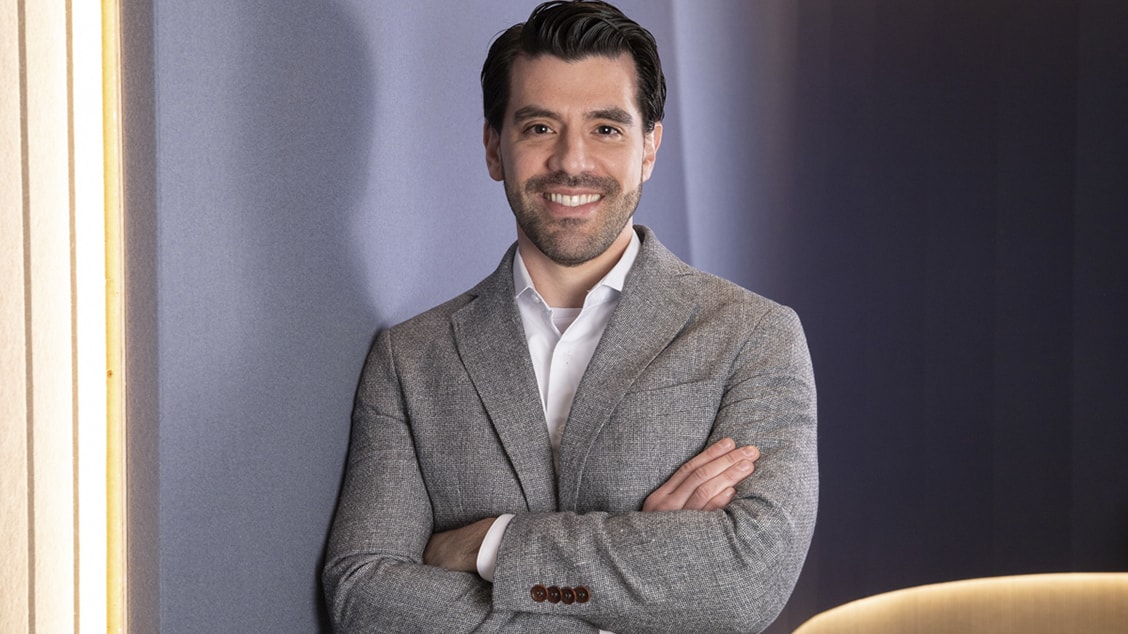Gabriel Rombenso, head of the FX sales desk and FX products at Itaú Unibanco, discusses volatility in emerging markets.
Global Finance: How has a strong US dollar and increased volatility been reflected in corporate clients’ demands?
Gabriel Rombenso: It is important to note that our corporate clients are more prepared to face volatility in the foreign exchange market. Many have implemented hedging strategies to protect their transactions against fluctuations in foreign exchange [FX]. These strategies may include using futures, swaps and options contracts to set the FX rate and reduce the risk of financial losses. Overall, our FX risk-management specialists saw an increase in the demand of our clients seeking our expertise to help them understand and manage these risks.
GF: How do the expectations and demands of clients seeking to invest in emerging markets differ from those seeking developed markets?
Rombenso: Emerging markets have higher interest rates. These interest rates attract investors who seek carry-trade strategies, believing in the gain arising from the different interest rates between emerging countries and developed countries. When the developed markets start to increase their interest rates, there is a migration to these countries, thus depreciating the emerging markets’ currencies, which can wipe out the gains from this strategy of exploiting differences in interest rates. As a result, these investors, in an attempt to protect themselves, increase the demand for strong currency hedging in emerging markets. The tolerance to negative rumors also decreases, making these currencies more volatile.
GF: How have increased geopolitical tensions worldwide affected your clients’ FX concerns?
Rombenso: In addition to the volatility seen in the macroeconomic context, 2023 was also strongly affected by geopolitical tensions. This backdrop brought more fluctuation to the markets, requiring more attention from clients to monitor what is happening with prices and protect themselves through the mechanisms we have just discussed.
Also, these tensions make us more alert concerning international sanctions. Countries, goods and counterparts become restricted overnight, directly affecting companies’ commercial and financial operations. In this context, we have noticed an increase in the use of guarantees, such as letters of credit, in foreign exchange transactions. This tool has effectively mitigated the risks associated with trading performance and ensured security in international transactions.
GF: Has the bank faced a growing need to adapt to commodity producers’ demands, particularly against this year’s volatile backdrop?
Rombenso: Volatility is inherent to the agribusiness market, and therefore it is already part of our clients’ routine. Yet, we know the importance of managing risks to add more predictability to results and help ensure long-lasting businesses. To this end, we offer a team dedicated to agribusiness that provides a service specializing in foreign exchange management. This expertise and our portfolio of solutions are our main tools to help our clients in this context.
GF: What steps has Itaú Unibanco taken to keep itself ahead of the competition?
Rombenso: Itaú Unibanco has been working on four major fronts to keep its leading position. The first is the design in scale and the client-centric culture, with the creation of a structure dedicated to the client’s experience, defining policies, disseminating good practices, and effectively participating in the development of products. The second is integrating data and artificial intelligence [AI] into our work, and development methodology through actions to disseminate what we call data culture—using the data generated to make better decisions.
The third is a proprietary methodology for developing products with technology, operational, client experience and product multidisciplinary teams, among others, working with shared objectives in the community model. Last, [implementing] technology focused on system modernization, creating scalability and agility in developing solutions and quickly resolving failures and incidents.
GF: Where will AI fit in the global FX market?
Rombenso: We believe using AI will be transformative, generating major changes in the market. We have a couple hundred artificial intelligence initiatives being tested, focused on internal processes and customer service.
In the FX context, we see great potential for AI in helping to make our operations more efficient by eliminating or optimizing processes, making us increasingly more agile. We also see gains in the provision of support to our clients. Our strategy is focused on creating value for clients and on the sustainability and competitiveness of the business in both the short term and long term.




